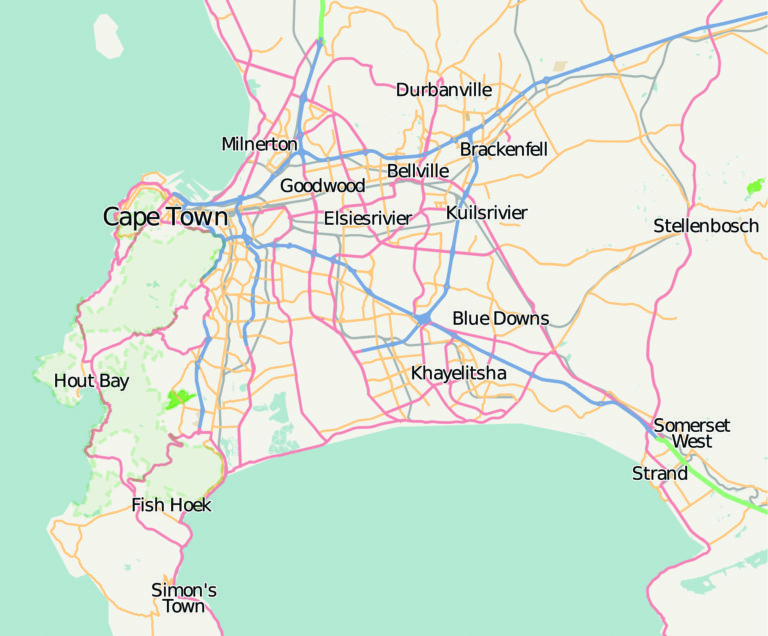by Lauren Hemenover, Contributing Writer
Cape Town, South Africa, could be the first industrialized city in the world to completely run out of water.
The city has been experiencing a drought since 2015 due to an increase in population and a severe lack of precipitation. However, the situation has worsened over the past year, causing the city to enforce water restrictions toward the end of 2017. But even with these regulations, there is still only enough water in storage to last the city another couple of months. Cape Town won’t actually run dry because it’s almost impossible for most of the reservoirs to be completely drained, but the water at the bottom of these reservoirs isn’t suitable to drink. Eventually, once the water level in the city’s dams is at 13 percent, taps will be shut off everywhere except for hospitals.
This day—when the taps will shut off—is also referred to as “Day Zero,” and the exact date changes based on the ratio between water inventory and water consumption. This day was originally predicted to occur in April but has been pushed back to early June, leaving the residents a little more time to decide whether to evacuate or wait out the drought.
Kelli Snyder and her family, supported by Porter Memorial Baptist Church in Lexington, are currently on the mission field in Cape Town and can empathize with the city’s people. “Not a news day goes by that there isn’t talk of the water crisis, whether it be highlighting how well we are doing or scolding us for not doing enough,” Snyder said. “Every conversation leads to the water crisis eventually. It’s as common as talking about the weather.”
There are current efforts in place to reduce the amount of water usage. Snyder reports that at the beginning of February regulations changed from 86 liters per person per day to only 50 – the equivalent of 13.1 gallons per person. The government currently isn’t enforcing these restrictions, so it’s up to the residents of Cape Town to conserve water based on an “honor system.” If the taps get turned off, residents will have the option to go to one of 200 water stations in the city to collect a maximum of 6.6 gallons of water per day, all under the supervision of armed guards.
In addition to personal conservation, there are municipal efforts to push back “Day Zero” as far as possible. According to Snyder, there are desalination plants being built in a few locations. Desalinating water involves removing minerals from salt water to make it suitable to drink. While effective, it’s extremely costly. In addition, several outside communities have donated hundreds of thousands of liters of water to the city’s dams. There are also plans to tap into various aquifers around Table Mountain, which is a significant landmark that overlooks Cape Town.
However, even with these measures, there is still a lot of doubt that these solutions will hold off the imminent threat of an absolute drought. Snyder said, “The critics claim it still won’t be enough, but we’re thankful for whatever we can get.”
Photo courtesy of WikiCommons




